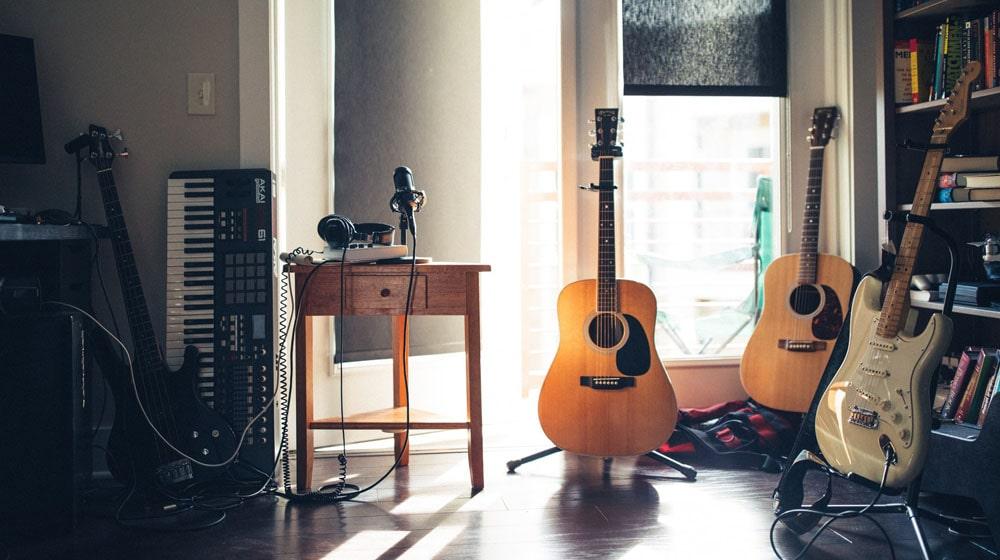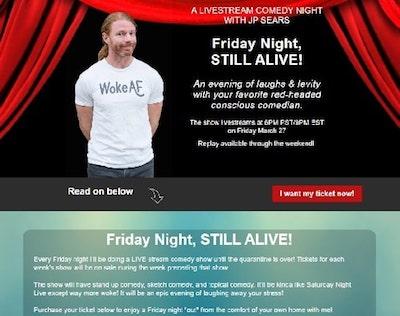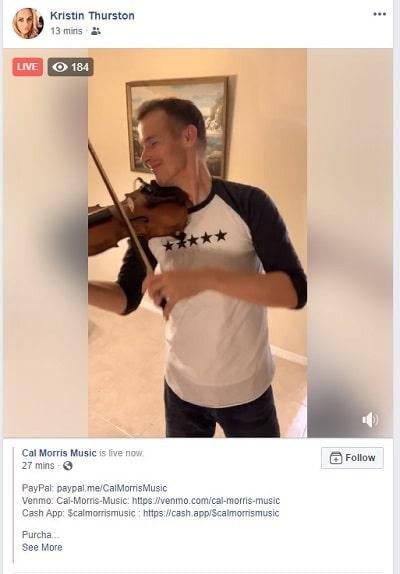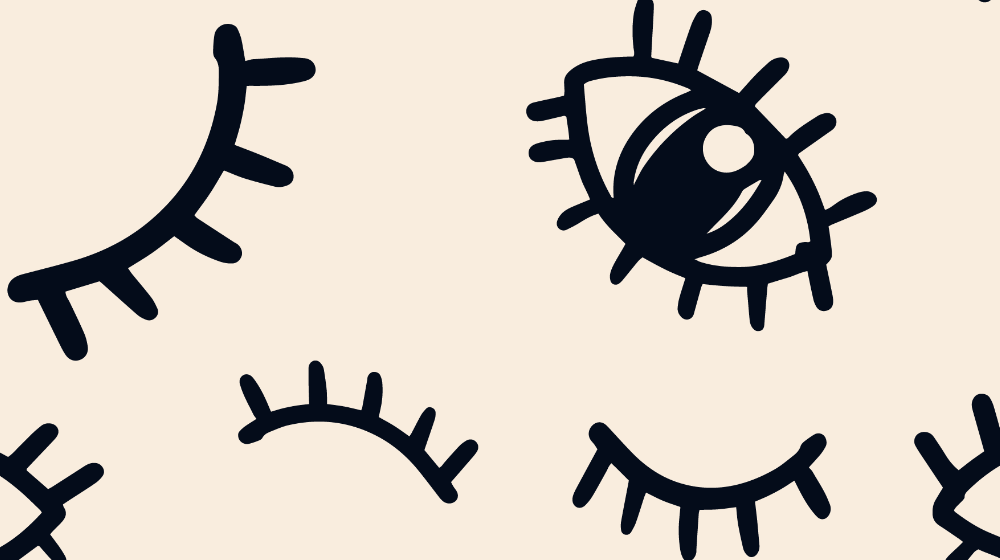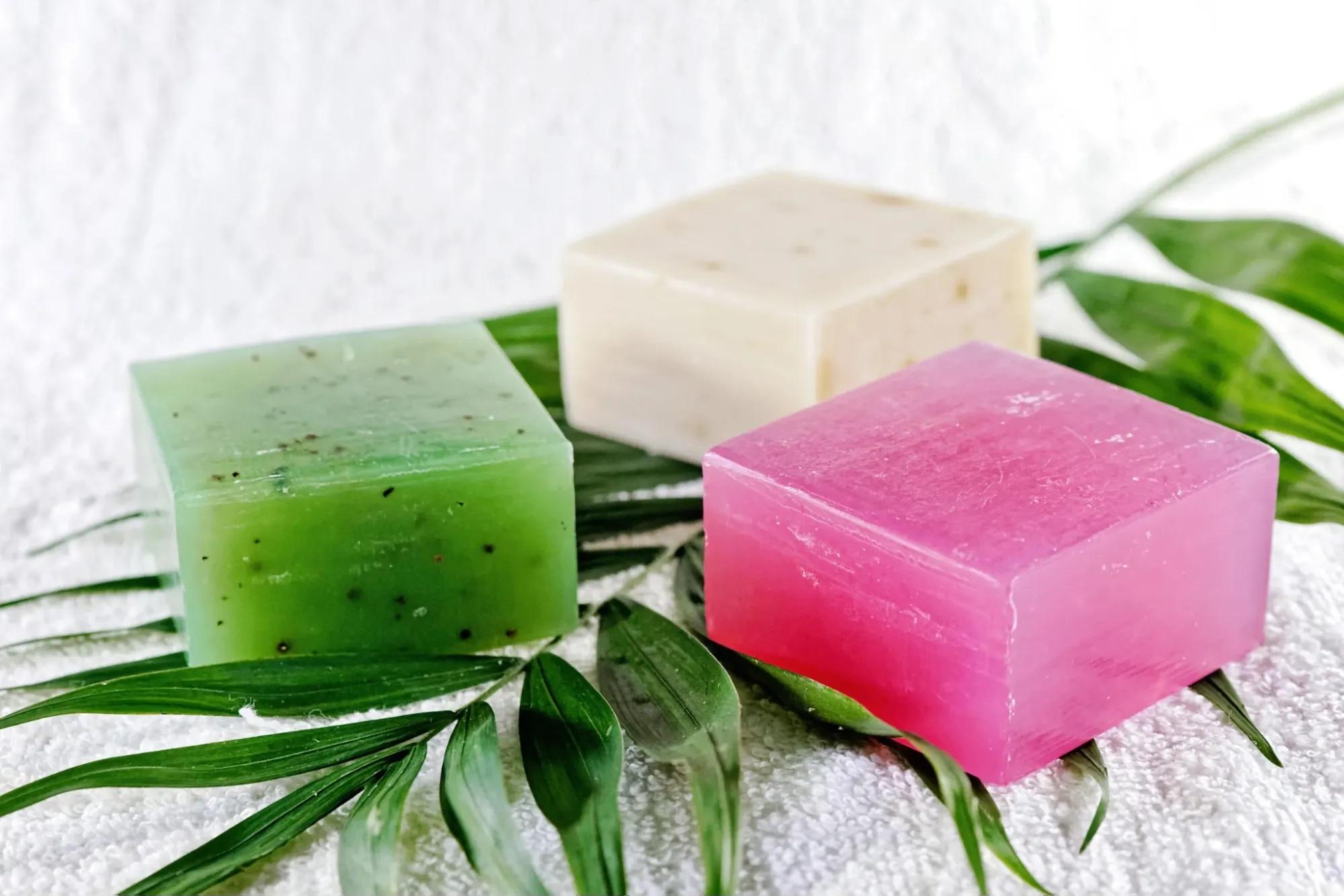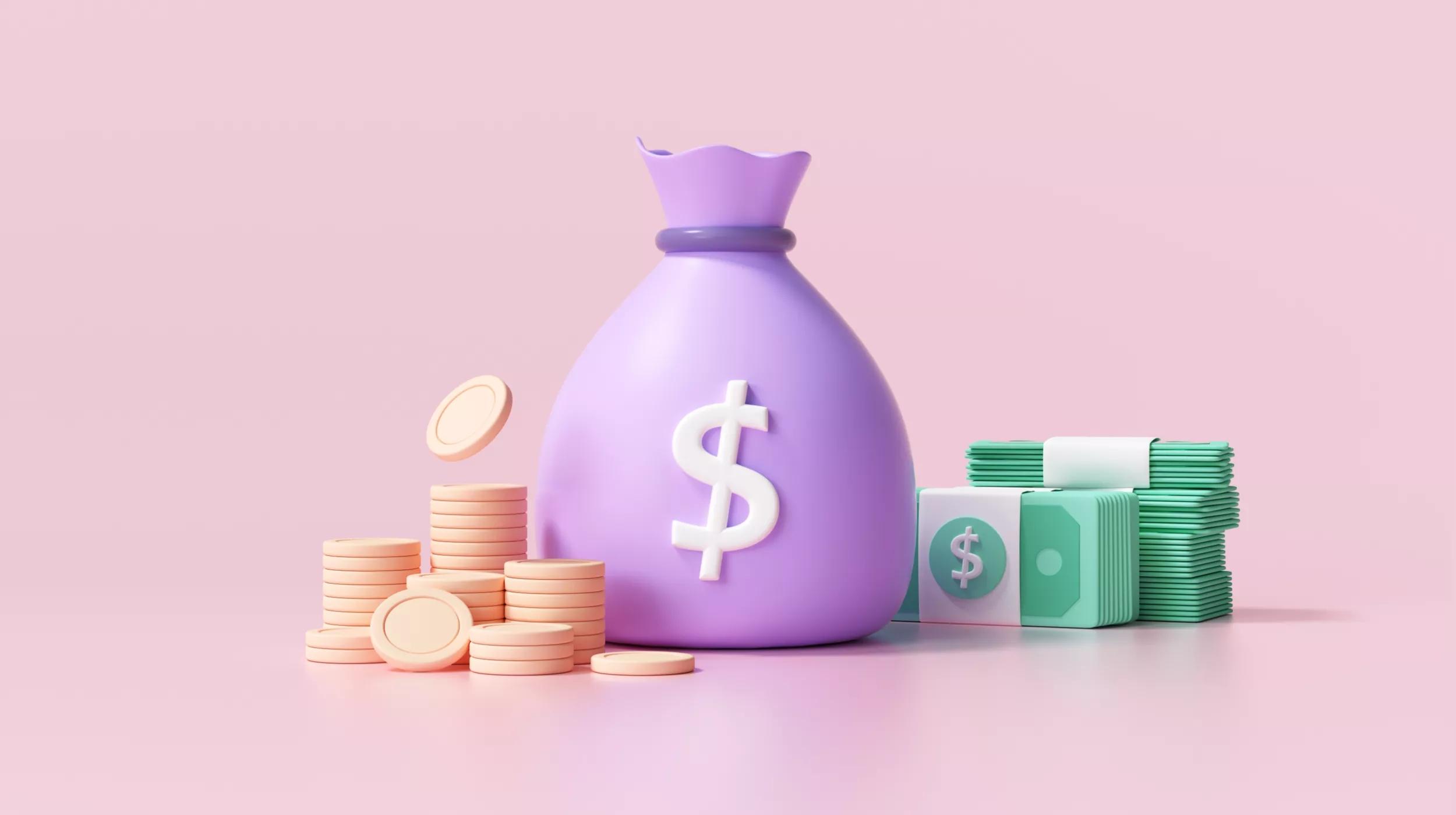My first realization that COVID-19 was having a detrimental impact on the entertainment industry came by way of Instagram and Twitter in early March.
One of my favorite performers, Chester Lockhart, shared an Instagram story asking folks to purchase the artist’s Cameo videos. Chester also tweeted: “Freelance artists such as drag queens, nightlife hosts, actors, dancers, sound & lighting techs, etc are hurting right now! All of my friends’ & my gigs are being canceled. What can we do???”
Other entertainers have been sharing on social media since the beginning of March that they too are scared about all the cancellations because no gigs mean no rent money, and possibly no food on the table.
Around mid-March, I learned that Broadway shows were being canceled, and even my local theater here in Tampa, Florida, was closing its doors due to the COVID-19 outbreak.
Friends on Facebook started posting that their lounge acts at local bars were canceled as well. Within less than a week, so many actors, dancers, singers, drag queens, comedians, DJs and more were suddenly out of work.
I was inspired to reach out to several entertainers and ask them a simple question: “How are you making ends meet when live gigs are canceled?”
I also searched across social media for examples of what entertainers are doing right now. Here’s what I learned. I hope it might help you weather this storm if you’re in the entertainment business.
How to make ends meet when live gigs are canceled
In this guide, we’ll go over some tips and ideas on how to stay afloat amid COVID-19 cancellations.
- Go virtual with your gigs.
- Monetize YouTube videos.
- Sell merchandise.
- Sell memberships and personalized videos.
- Apply for unemployment.
- Seek aid via nonprofits.
- Try a different industry.
Let’s jump in.
Go virtual with your gigs
When live gigs get canceled, can you take yours online?
Grab a webcam, set up a shopping cart, and sell etickets to your live performance like JP Sears did for his comedy show. He was doing a tour, but since many of his performances are postponed for the moment, he hosted an online version of his show on his website.
He promoted the live event to his Facebook fans, and sold tickets for $9.95. Fans who missed the live show could still pay the fee to access the replay all weekend long.
JP said he will be doing this every Friday through the end of the quarantine.
You don’t necessarily have to sell tickets upfront. You could just go live, and ask for donations.
For example, Cal Morris offered a live video of a virtual concert combined with a “ask me anything” session with his wife. In the video’s description were links to donate to Cal’s PayPal, Venmo or Cash App accounts. He also included a link to purchase CDs and digital downloads.
If you have a website, a YouTube account or even just a social media profile on Instagram or Facebook you can go live and share your talent.
Singers, musicians, comedy acts and more — put it online and ask your fans for support.
Jordani Sarreal of Jordani & The Sun Kings said:
“To differentiate from other live streams, I’ve taken this as an opportunity to share more than just my music, and host a musical variety show of sorts on Sunday mornings for friends and fans to hear/see music, join in on drinking games with myself and show guests, and have some comedic relief. … During the broadcast, PayPal and Venmo links are posted to donate and support the artists on the show.”
What can you do with your live streams to garner attention and donations?
Related: How to start hosting virtual meetups and How to use Twitch.tv to generate interest in your music
Monetize YouTube videos
I recognize that it can take months, if not years, to earn real money from YouTube with AdSense.
That doesn’t mean you shouldn’t be using it to make ends meet.
Those live videos you’re doing — they can go on your YouTube channel, too. Of course, you’ll need to be careful about using copyrighted material if you hope to monetize.
Can you create new music or write a new skit to share there? If so, do it!
While you’re at it, your video description area can include links to your website, affiliate partners and platforms where your audience can give a donation as well. If you sell CDs, digital downloads or merchandise, include those links, too.
These ideas can be a great way to monetize your channel even if you haven’t been approved for AdSense yet!
Pro Tip: If you’re including links in your video description, tell your audience what you want them to do. People are more likely to give you what you want if you include a call to action in your videos.
Collaborate with other performers
Want to get even more attention on YouTube? Collaborate with other performers.
Skype, Zoom, GoToMeeting, and many other platforms enable multiple people to host videos together without being in the same room. Take that footage and load it to your channel.
Another option would be for each collaborator to film sections separately and edit everything into one large video.
Imagine creating an entire variety hour for your fans, and the fans of your collaborators.
If you have enough material, split the pieces into multiple videos so each collaborator has something unique to share.
You could all reach new audiences, and perhaps new levels of income, together.
YouTube content ideas for entertainers
Stumped on what to put on YouTube? Here are some ideas:
- Play an instrument and/or sing a song.
- Share a monologue in full costume.
- If you live with roommates or family members who have any interest in participating, can you act out a skit together?
- Post old footage of past performances (again, remember that if it’s copyrighted material you can’t monetize it with ads so you’ll have to get creative with your video description links to make money).
- Talk about how you got into your industry— how did you become an actor/singer/dancer/etc.
- Interview other performers about their favorite gigs, unique experiences, dream places to perform, etc.
- Share how to get in costume, or even give a tutorial on how to put your character makeup on. I personally love watching the videos of drag queens doing their makeup.
Related: How to make money on YouTube
Sell merchandise
If appropriate to your brand, develop and sell merchandise so that fans can support you.
Thanks to websites like Zazzle and CafePress, you can design novelty items and sell them for a profit without having to buy anything in bulk.
Depending on your audience size, you might also consider writing and selling a book. Did you know that you can set up an ebook for pre-order “as early as one year before its release date” on Amazon’s Kindle Direct Publishing program?
Another option would be to crowdfund your book on a site like GoFundMe or Kickstarter.I’ve noticed a lot more people using GoFundMe to crowdfund because you don’t have to meet your goal to get the money, and you can collect the money as it comes in.
Related: Crowdfund and earn a matching grant on GoFundMe
Sell memberships and personalized videos
One way performers are connecting directly with their audiences and also making money is by selling fan memberships on sites like Patreon.
You can offer your fans secret videos, private live sessions, Q&As, novelty item giveaways and more while receiving a monthly income.
Some performers want to connect with fans, but don’t want to set up a membership. So they are selling personalized videos.
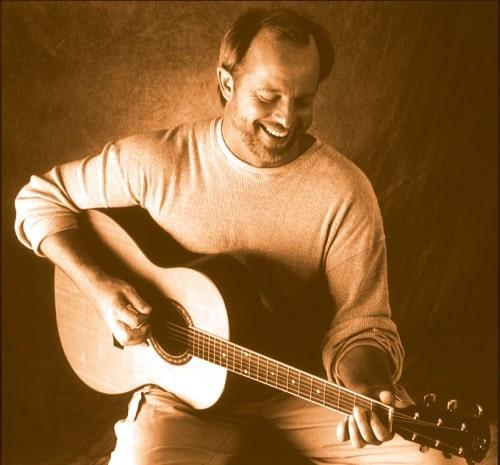
Mark Rust has been giving such videos to fans who purchase CDs, for example. He acknowledges that simply selling CDs is “not going to replace the lost income, but so far has been successful at bringing some income in during this emergency.”
Artists with a larger fan base are using platforms like Cameo to sell their personalized videos.
I personally got one from both Chester Lockhart and Todrick Hall long before COVID-19 was even a thought in the world.
Remember those days?
Anyway, buying a video from Cameo is a fun way to get something special from performers you like, and these orders help some of them cover their expenses that would otherwise be paid for by live gigs.

Apply for unemployment
While not every state is covering gig workers, it might be worth it to see if yours is offering any benefits. If you were an employee of a show, theater or venue it may be easier to qualify for benefits.
Still, it doesn’t hurt to look into qualifying since some terms have changed in the wake of the pandemic.
Related: COVID-19 goodwill offers and resources for small businesses
Seek aid via nonprofits
Nonprofits such as The Actors Fund, 211.org and the Alliance of Artists Communities are just a few that I found that might be able to give you some guidance on emergency funding.
You can look to your community for aid as well.
For example, Hannah Fenlon, Ann Marie Lonsdale and Abigail Vega have created a huge list of resources for freelance artists.
You may find a resource in your state you didn’t even know existed. I highly recommend checking it out.
Try working in a different industry
I saved this one for last because many of the artists and live performers I’ve met would apply for unemployment or sell everything they own before ever trying a different industry.
If you’re up for it though, there might be opportunities to channel your creativity. Here are a few examples:
Julie Austin
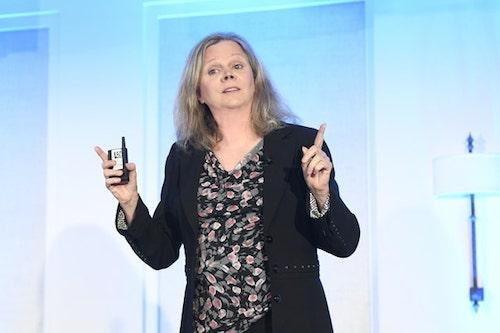
Julie Austin is a paid motivational speaker. With her gigs canceled, she is focusing on a sponsorship business. Julie said:
“Since the 2008 economic crash, I have never, ever put all my eggs in one basket. I set up four businesses, so if one is slow I can quickly switch gears.”
While she waits on live gigs to be an option again, she is putting together webinars for small business sponsors and doing phone consulting.
Erin McAndrew
Erin McAndrew started a coaching business and is using her time away from playing gigs to coach other musicians on time management, wellness, goal setting and booking gigs consistently.
She said, “My coaching business has helped me to stay afloat during this trying time as well as live streaming, which has been very popular for us in the gigging circuit.”
Julia Stier
Julia Stier is an actress and playwright who has been using this break to try her hand at freelance writing and blogging. She said, “It has provided me a way to make some money, learn new things and connect with other artists.”
Max Darwin
One performer I came across who has pivoted only slightly is Max Darwin aka The Amazing Max.
With his shows all canceled, he came up with the idea of doing virtual magic lessons for kids. It’s very much in his wheelhouse and still allows him to perform his passion.
He blasted the idea to fans on social media and his email list, and within six hours, 25 lessons had been booked. Last week he taught 75 lessons and the bookings keep coming!
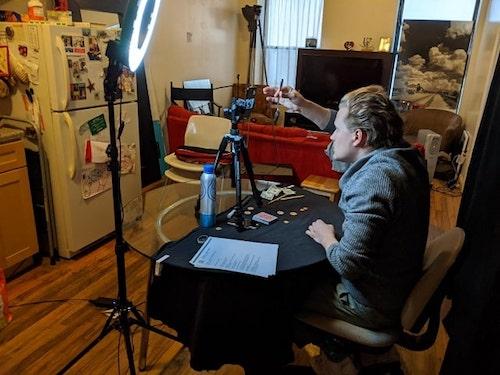
Additional ideas for things to do during your downtime
It will take time for the world to recover and for live performances to even be possible again. Until then, there are several things you can do to stay positive and occupied.
Just a few ideas include, but aren’t limited to:
-
- Work on your website and social media pages.
- Write new music or show material.
- Sew a new costume or organize/declutter the ones you have. In fact, you could sell old costumes and props on eBay, Facebook Marketplace or some other online space to bring in some more income.
- Learn a new skill for your performances.
- Develop new downloadable content – MP3s of your music or comedy, videos of your performances.
- Create cover art for your CDs and merch.
- Update your resume.
- Take time to reflect on where you are now and where you want to go in your career.
- Consider updates to your brand.
- Write a list of dream collaborators for future live events.
- Reach out to podcasters and vloggers offering to be a guest.
- Write a guest post for bloggers.
It’s critical that you stay busy. I’m not a live performer, but I’ve learned from more than a decade of freelance gigging that when we sit around doing nothing, that’s when depression and anxiety can creep in.
It’s better to keep ourselves active so we’re ready to hit the ground running when the world is allowed to play outside and in-person again.
Keep your chin up – the show must go on
Try going virtual with your gigs, get on YouTube, sell merchandise, pivot or transition into something else if you can, and do what you have to in order to make ends meet.
Keep active, and use the downtime to your advantage. Who knows? You might come up with a creative way to bring in income long after your live gigs are available again.
